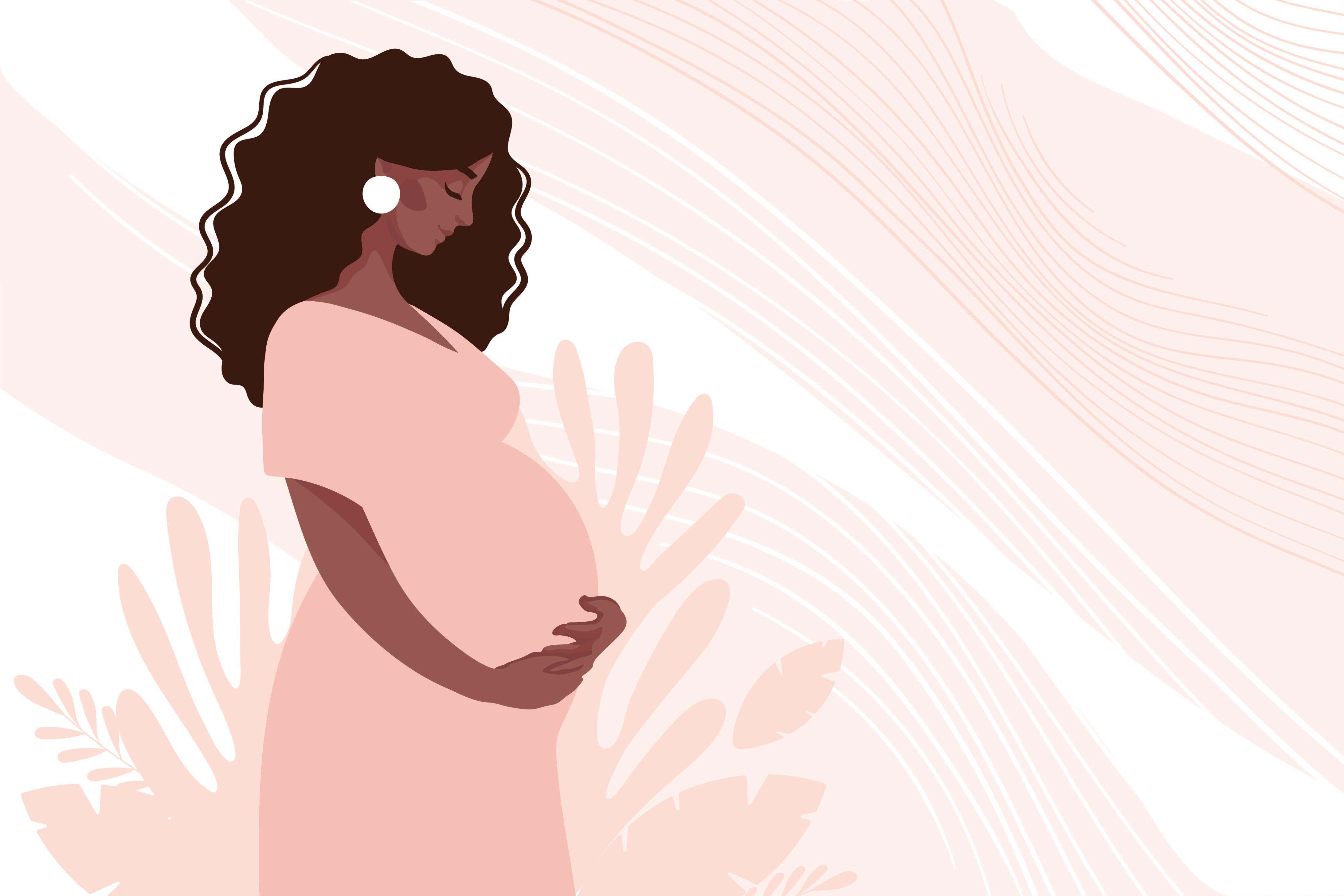First Black maternal conference aims to look at racial health disparities
Sandra Igwe said she decided to hold the conference after being ‘the token black woman’ to speak at so many in the past.

Black women will take centre stage at what is believed to be the first maternal health conference of its kind in the UK.
Sandra Igwe said the gathering of clinicians, service providers and mothers is believed is the first to focus specifically on racial health disparities experienced by black women.
Organiser Ms Igwe, who founded The Motherhood Group in 2016 following the traumatic birth of her first daughter, said she decided to hold the conference after being “the token black woman” to speak at so many in the past.
This is a conference dedicated solely to the black maternal health experience where we bridge the community, stakeholders, professionals, Government
She said all speakers at the event in London on Monday will be from a black or minority ethnic background “just so that we can actually have our voices heard clearly from our perspectives”.
She told the PA news agency: “This is a conference dedicated solely to the black maternal health experience where we bridge the community, stakeholders, professionals, Government.
“When I have attended conferences that seek to address health inequalities it’s usually that you don’t see mothers, pregnant women from our communities there.”
Ms Igwe co-chaired the Birthrights Inquiry, a year-long investigation into UK maternity care which concluded that “systemic racism” is experienced by black, Asian and mixed ethnicity women.
That report, published in May last year, said the inquiry’s starting point “was that systemic racism exists in the UK and in public services” and it aimed to understand how that manifests within maternity care.
It said: “This report uncovers the stories behind the statistics and demonstrates that it is racism, not broken bodies, that is at the root of many inequities in maternity outcomes and experiences.”
Common themes which emerged in the inquiry included a lack of physical and psychological safety, people being ignored and disbelieved, racism by caregivers, dehumanisation, and lack of choice, consent and coercion.
The conference also comes after the 2022 MBRRACE-UK annual report into maternal deaths and morbidity concluded there was a more than three-fold difference in maternal mortality rates amongst women from black ethnic backgrounds compared to white women.
The report said black women were 3.7 times more likely to die than white women, equating to 34 women per 100,000 giving birth.
Speakers at Monday’s conference are due to include the Labour MP Bell Ribeiro-Addy, while England’s chief midwifery officer Professor Jacqueline Dunkley-Bent has sent a video message which will be played.
Ms Igwe told PA: “Black women are disproportionately negatively affected in their pregnancy and post-natal period. We are the least likely to have pain relief.
“Why are we reporting that we’re the least likely to feel like we’ve been treated with kindness, care and respect? Why are we the most likely to have complications and die as a result of our pregnancy? Why are we the most likely to have post-natal depression but the least likely to have access to care or follow-up treatment?
“There are so many stats – so why wouldn’t we have a whole day’s conference dedicated to addressing these, just scratching the surface of some of the stats?”
She added that she is hopeful there will be more conferences in future to “continue the conversation”.
Bookmark popover
Removed from bookmarks